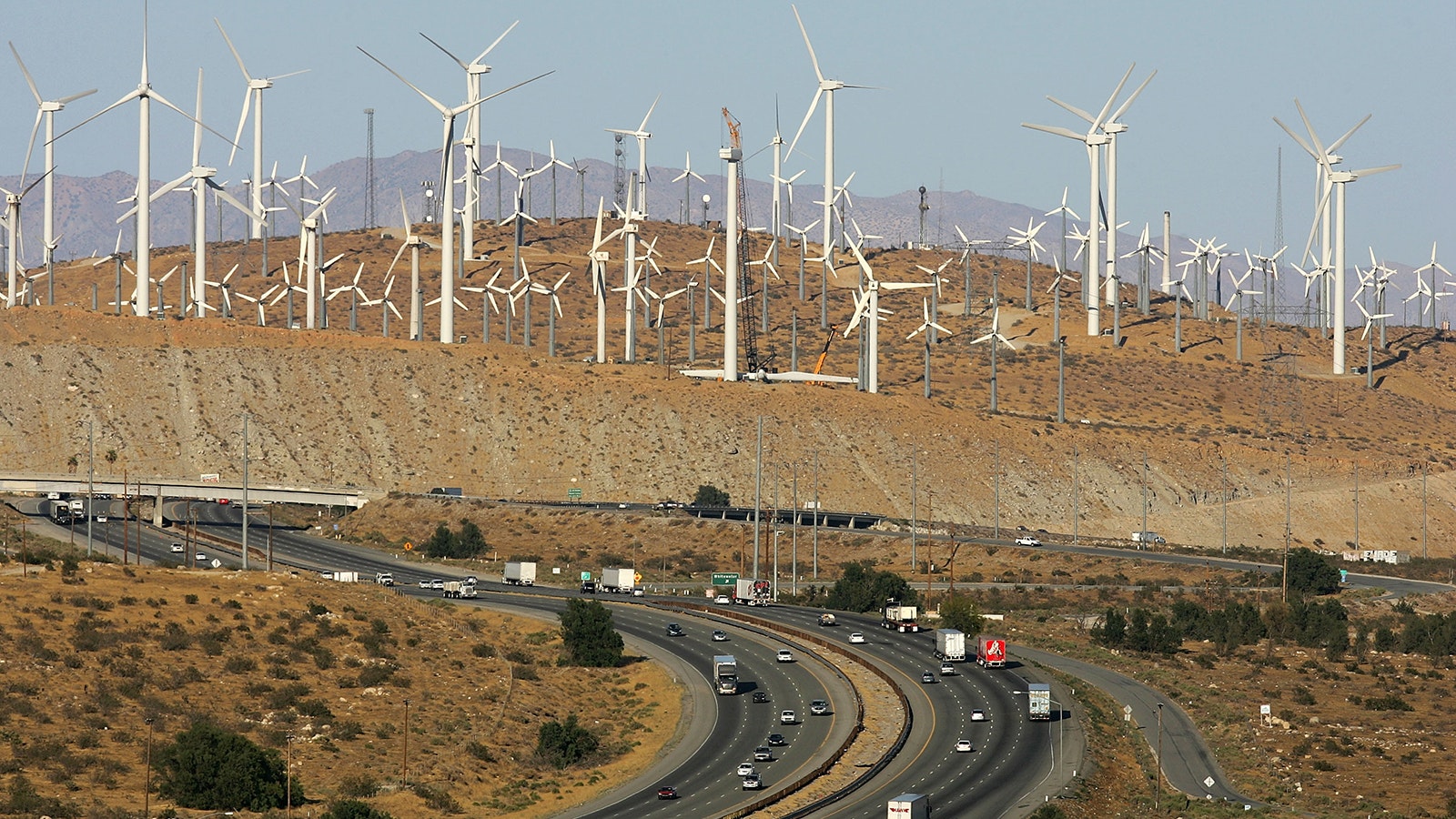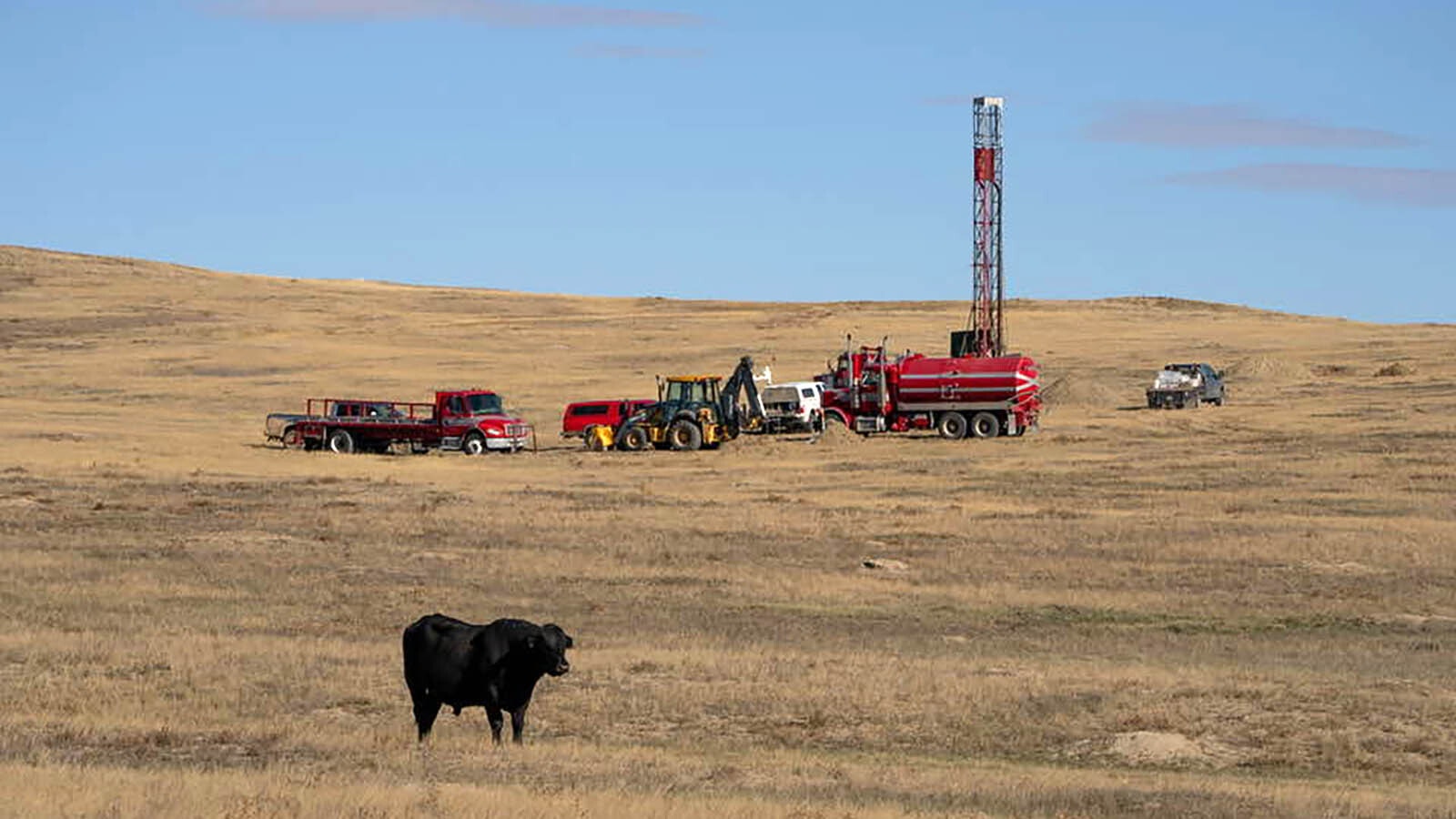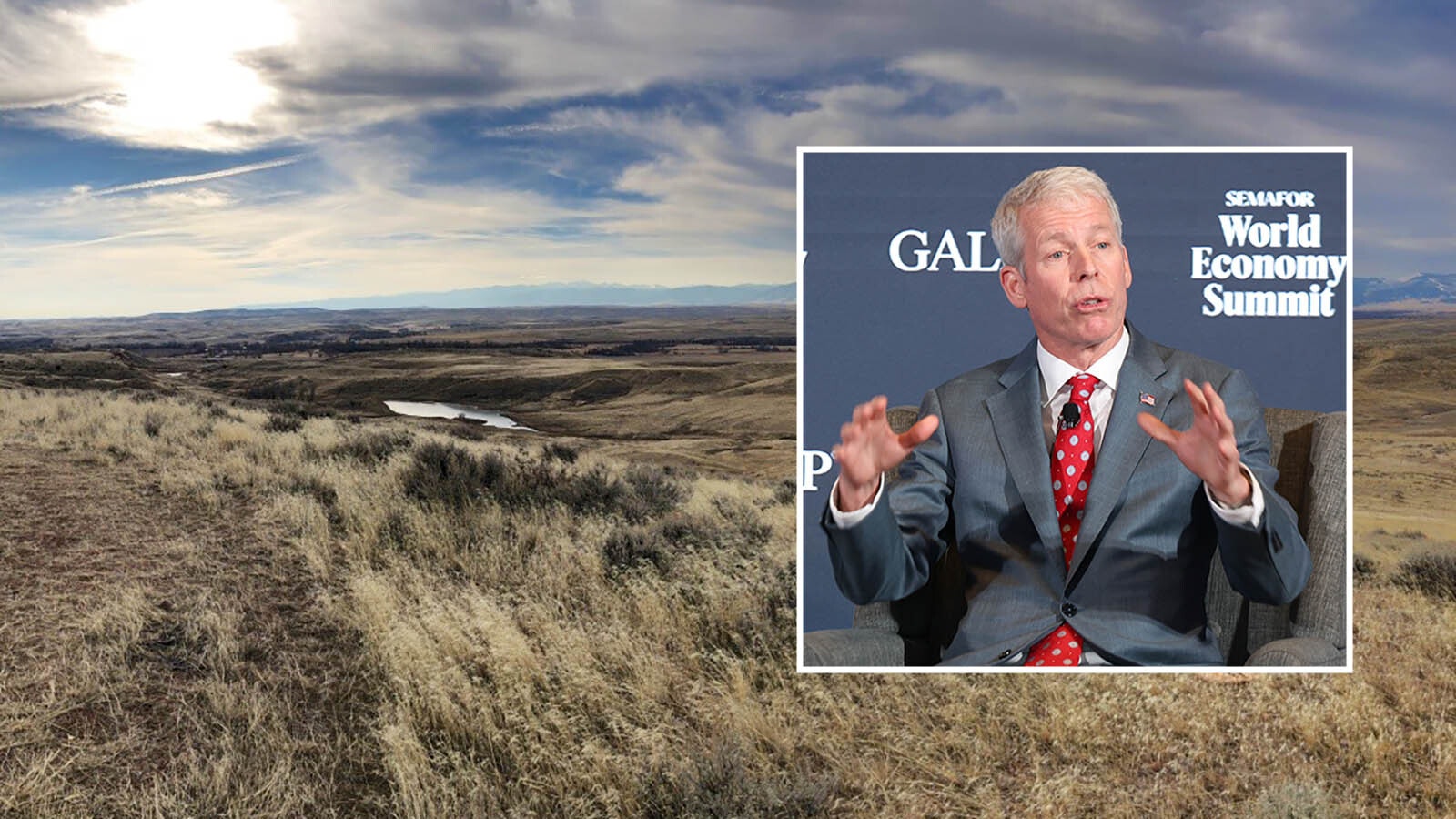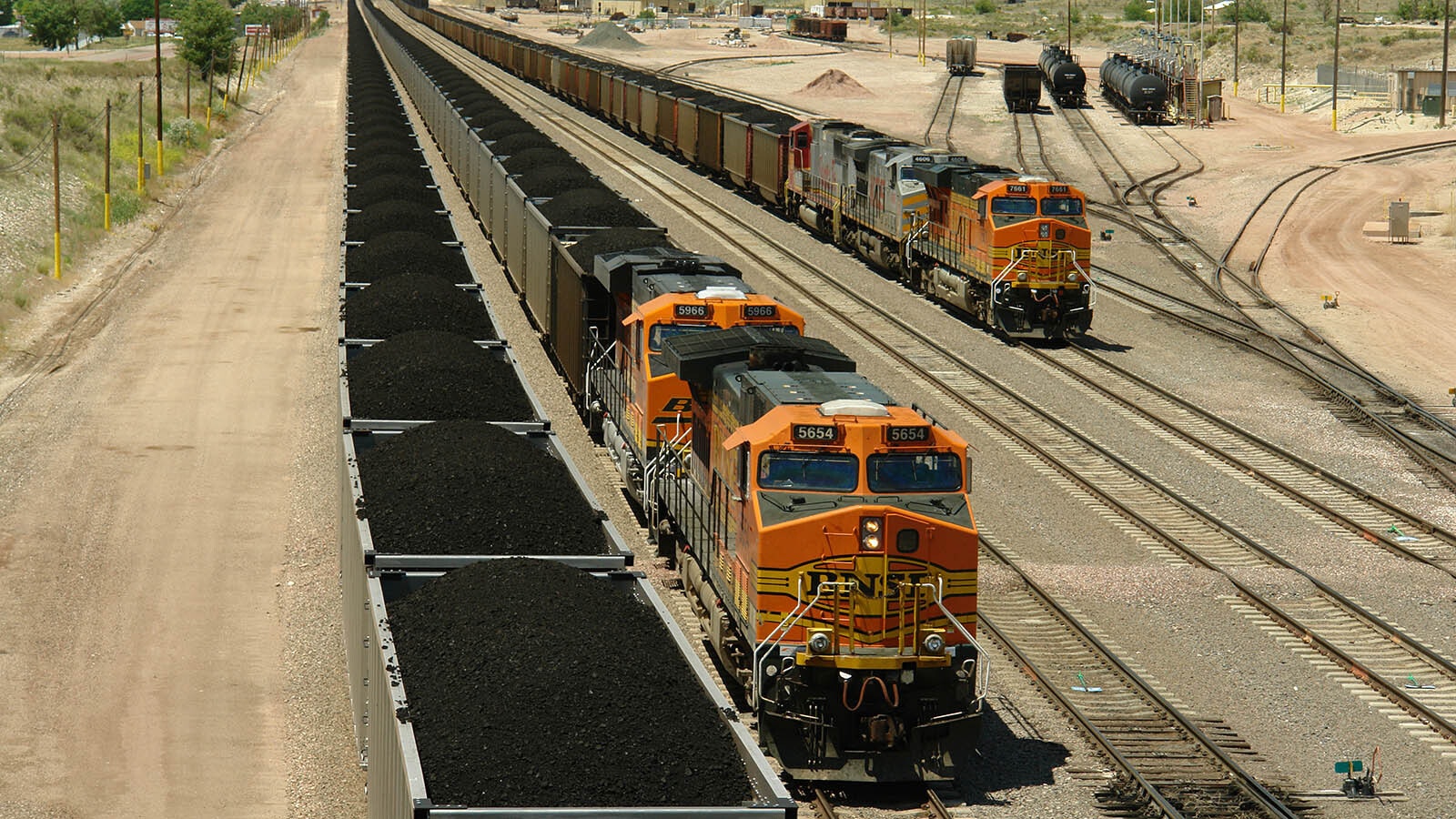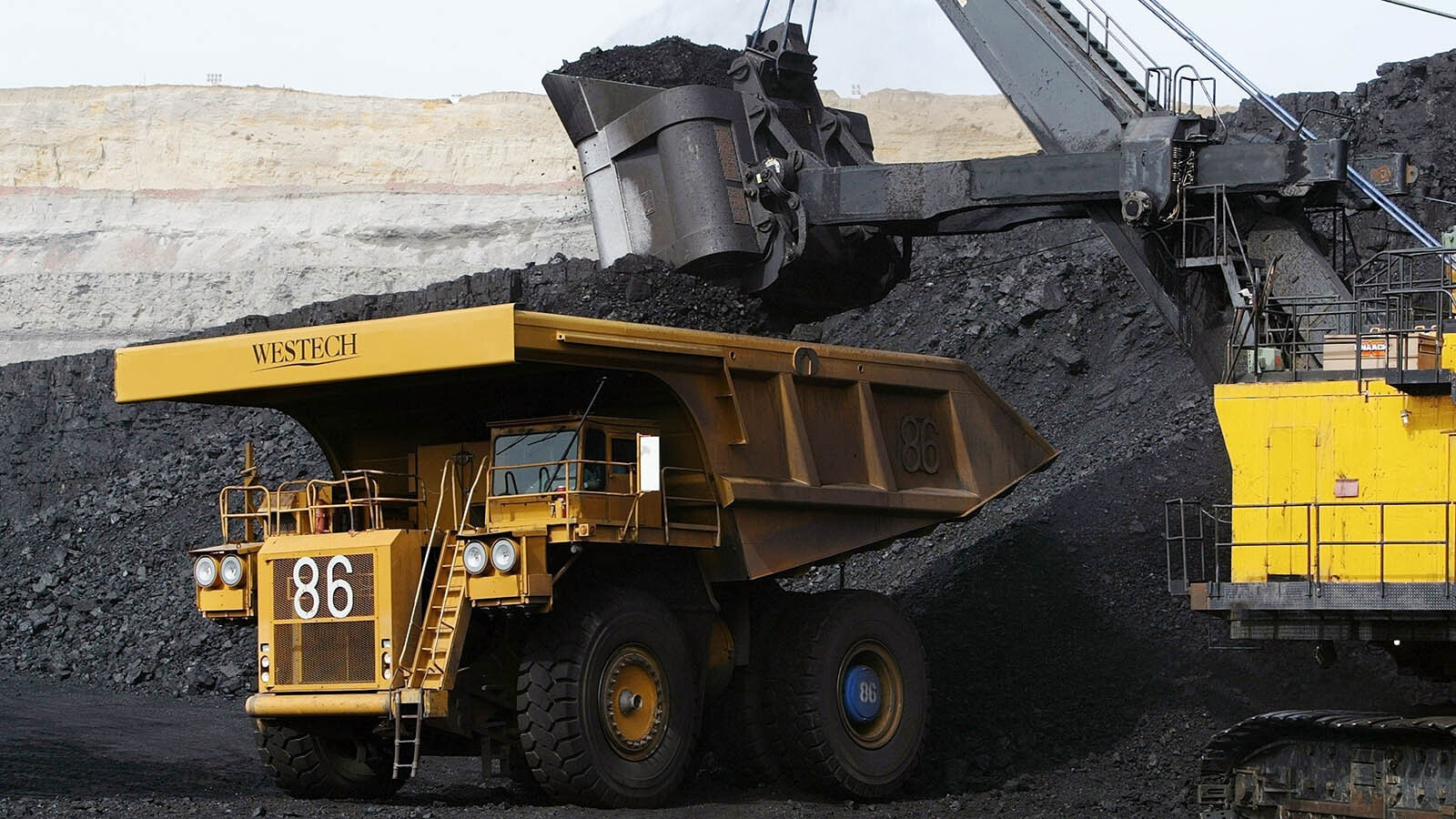Reactions to a new documentary on how the federal government and environmental groups deny that offshore wind is killing whales reflects a problem some residents in Wyoming say is happening with wind projects in the Cowboy State.
“Many wanted to believe we could consume more and more energy, and renewable energy was all green. Nothing is all green,” Anne Brande, executive director of the Albany County Conservancy (ACC), told Cowboy State Daily.
Thrown To The Wind
Public, an independent journalism publication founded by energy watchdog Michael Shellenberger, and Environmental Progress produced the documentary “Thrown To The Wind,” which claims that deadly impacts to whales by offshore wind projects are being denied and dismissed as part of a commitment to renewable energy.
Facebook responded by slapping a fact check on Shellenberger’s posts linking whale deaths to wind, claiming there’s no evidence that offshore whale developments are killing whales.
Shellenberger, writing in Public, said the documentary provides that evidence, and the federal government and environmental groups are ignoring these impacts to ocean life.
The ACC has been raising concerns about how wind projects are impacting eagles and other wildlife in Wyoming, as well as historic sites and the viewshed of the rural landscape.
“Wrongly sited industrial wind development kills and destroys ecology,” Brande said.
The ACC and wildlife biologist Mike Lockhart filed a lawsuit against the Bureau of Land Management this month over a transmission line project to support the Rock Creek Wind project. The plaintiffs claim that the BLM approved the project without proper inclusion of public comment, which limited the ability of those with concerns about the impacts to wildlife to voice them.
Going Silent
Lisa Linowes, executive director of WindAction, told Cowboy State Daily that environmental groups such as the Sierra Club and Nature Conservancy file comments expressing concern about the impacts of offshore projects.
“Then, they never do anything about it,” Linowes said. “They go silent. And then when anyone challenges the wind issue, they defend the federal government and the position the federal government has taken.”
Linowes, who is also cofounder of Save The Right Whales Coalition, worked with Shellenberger on the documentary and is featured in it. The coalition produced a report documenting the conflicts of interest between the offshore wind industry and environmental groups.
Linowes said it’s difficult to trace funding to large environmental organizations because much of their funding comes from foundations, but the coalition’s database found funding connections between offshore wind developers and local chapters of environmental groups.
“This happens everywhere, whether it's in Wyoming or along the coastal states, where offshore wind development is happening,” Linowes said.
Burned Out
Linowes in February 2020 traveled to Wyoming to speak on a panel concerning taxation of renewable energy during the legislative session. She had also testified online during a legislative hearing.
She followed the controversy over the ConnectGen Rail Tie wind project in southeastern Albany County. After a lot of public opposition, the Albany County Commission approved the project.
Linowes said the financial incentives developers bring seduce local governments, and so the opposition faced a lot of pushback from the county.
“I think a lot of people just became very burned out over it,” she said. “It’s very tough to fight a wind project when your own local government is fighting back.”
She said she no longer hears from many of her colleagues in Wyoming anymore, and she’s sympathetic to the difficult position they’re in. She said Wyoming is an amazing state, but its beauty is being compromised to support the wind industry.
Uncompromising
Erik Molvar, executive director of the Western Watersheds Project, told Cowboy State Daily the organization doesn’t compromise its principles.
The group litigated against a wind project in Nevada over concerns about the impact of the development on bats. The lawsuit wasn’t successful, but they went beyond just commenting about their concerns.
Molvar said the WWP believes that projects need to be sited properly to minimize impacts to hawks, eagles, bats, big game and potentially sage grouse.
“Where the wind development gets sited is a major environmental issue,” Molvar said.
Molvar produced a report, “Wind Power In Wyoming: Doing It Smart From The Start,” which identifies areas where wind projects should be avoided and areas that are environmentally suitable for wind development.
Molvar said that we should be transitioning entirely away from fossil fuels, but renewable energy development should be done in areas that aren’t environmentally sensitive. These areas include extensive rooftop solar development in urban areas.
Only after all that development is complete should wind and solar projects move outside those areas if energy demand hasn’t been met.
Held Harmless
Steve Maguire, a resident in the Buford area, told Cowboy State Daily he can see wind projects, including the blinking red lights at night, from parts of his property.
Trying to push back against the development is a challenge, he said. Wind advocates are quick to dismiss impacts.
“Anytime there’s a potential problem that’s beginning to rear its head, they’ve got an answer for it. And it’s always that it ain’t the turbines, even before the research is done,” Maguire said. “You’ve got to hold the turbines harmless, and they don’t want anything negative said about wind.”
Linowes said that as the developments grow across Wyoming, more wildlife, unaccustomed to living in an industrialized space, is going to suffer. And she said it’s going to happen so quickly that people should get out and enjoy the views while they still can.
“The transformation is going to be shocking,” Linowes said.
The problem, she said, is that the environmental groups are so focused on addressing climate change that they’re willing to look the other way on every other impact.
“There’s this mentality that we have to build renewables and get ourselves off fossil fuel as quickly as possible because the imperative is solving the climate change issue,” Linowes said. “And I guess we're going to deal with the fallout after the fact.”

